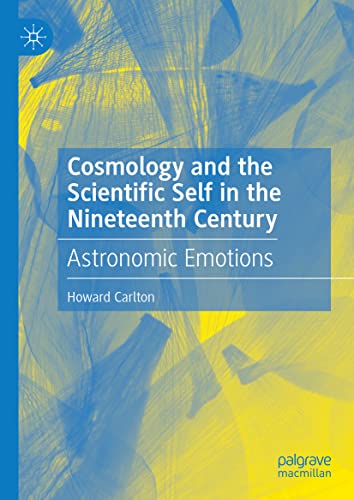

Most ebook files are in PDF format, so you can easily read them using various software such as Foxit Reader or directly on the Google Chrome browser.
Some ebook files are released by publishers in other formats such as .awz, .mobi, .epub, .fb2, etc. You may need to install specific software to read these formats on mobile/PC, such as Calibre.
Please read the tutorial at this link: https://ebookbell.com/faq
We offer FREE conversion to the popular formats you request; however, this may take some time. Therefore, right after payment, please email us, and we will try to provide the service as quickly as possible.
For some exceptional file formats or broken links (if any), please refrain from opening any disputes. Instead, email us first, and we will try to assist within a maximum of 6 hours.
EbookBell Team

5.0
50 reviewsThis book argues that while the historiography of the development of scientific ideas has for some time acknowledged the important influences of socio-cultural and material contexts, the significant impact of traumatic events, life threatening illnesses and other psychotropic stimuli on the development of scientific thought may not have been fully recognised. Howard Carlton examines the available primary sources which provide insight into the lives of a number of nineteenth-century astronomers, theologians and physicists to study the complex interactions within their ‘biocultural’ brain-body systems which drove parallel changes of perspective in theology, metaphysics, and cosmology. In doing so, he also explores three topics of great scientific interest during this period: the question of the possible existence of life on other planets; the deployment of the nebular hypothesis as a theory of cosmogony; and the religiously charged debates about the ages of the earth and sun. From this body of evidence we gain a greater understanding of the underlying phenomena which actuated intellectual developments in the past and which are still relevant to today’s knowledge-making processes.